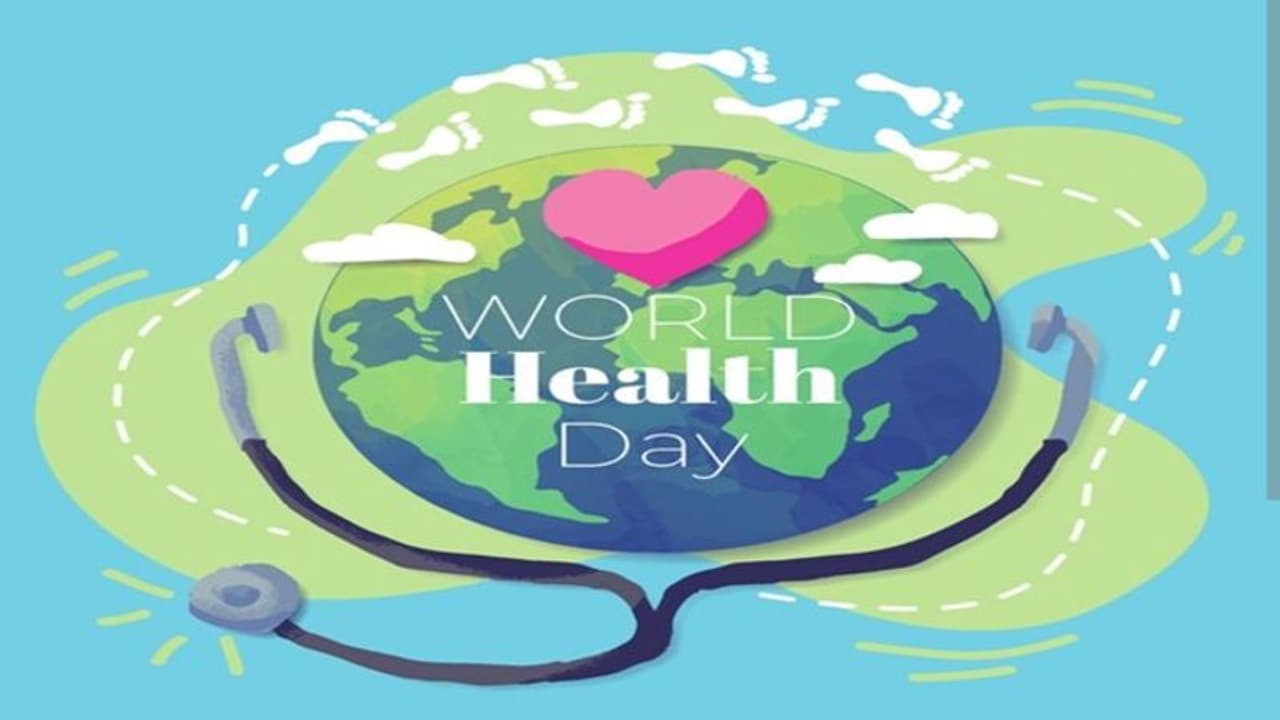World Health Day 2024 is observed on April 7 each year to raise awareness about various health challenges around the world. From history to theme, everything revolves around the day.
Every year, World Health Day is observed on the anniversary of the World Health Organization's (WHO) inception. Every year on April 7, the day is commemorated to raise awareness about global health challenges and emphasize the significance of well-being.
To commemorate this day, people from all around the world gather to promote a healthier world for all and to acknowledge WHO's accomplishments.
World Health Day, one of WHO's 11 official global health campaigns, dates back to 1948, when the organization held its First Health Assembly, where it was resolved to honor April 7, WHO's founding day, as World Health Day.
World Health Day is one of the WHO's eight official global health campaigns, alongside World Tuberculosis Day, World Immunization Week, World Malaria Day, World No Tobacco Day, World Blood Donor Day, World AIDS Day, and World Hepatitis Day.
WHO will celebrate its 76th anniversary in 2024, with the theme 'My Health, My Right' focusing on the fundamental human right to quality health care, education, and information.
Significance of the day:
World Health Day's primary goal is to promote public awareness about the health concerns that people face around the world. It teaches individuals, organisations, and governments how to solve global health concerns in accordance with the United Nations' sustainable development goals.
World Health Day has many purposes. It increases awareness about important health concerns affecting people all over the world, such as infectious diseases, mental health, mother and child health, and noncommunicable diseases.
Second, it allows governments, organizations, and communities to band together and take collective action to solve these health concerns.
Third, it emphasizes the significance of investing in health promotion, illness prevention, and healthcare system strengthening in order to improve overall health outcomes.
Also Read: Bird flu epidemic '100 times terrible' than Covid pandemic, researchers warn
